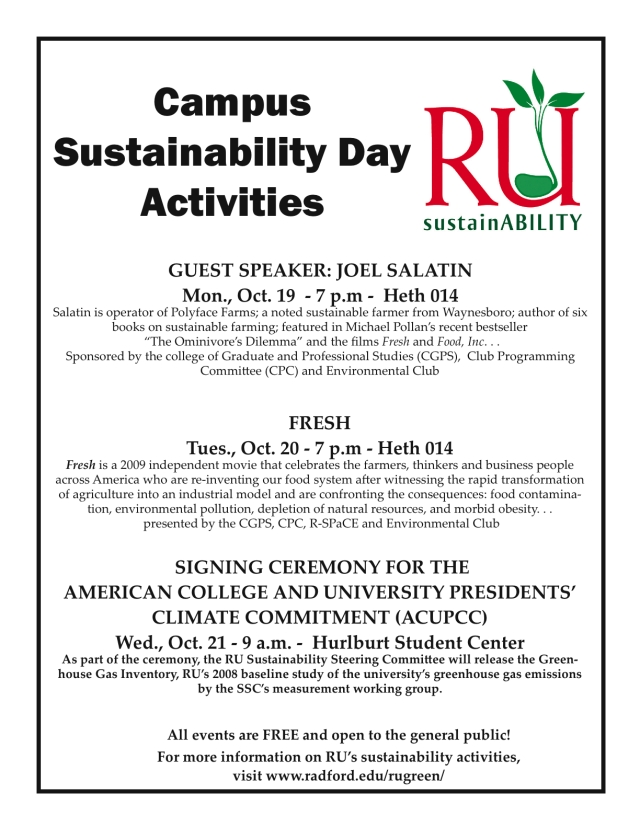
The New York Times ran a piece on May 12th about the co-opting of the term ‘local’ by large-scale agribusiness. It’s not a major surprise. We knew it was coming. Now what? What does it mean for those of us trying to make responsible decisions about our food purchases? How can you explain to your friend why Lays potato chips don’t count as local even if they are grown next door?
Here are a few of the commitments we adhere to that ‘industrial local’ violates.
Biologically Sound Practices – Reduction of biodiversity within the food system poses a serious risk to the future of our food. Polyculture practices (common in organic farming) promote the biological diversity within the food system. Monocultures violate basic ecological and evolutionary principles. Factory farming of animals requires significant antibiotics inputs to keep the animals alive in population dense CAFOs. Overuse of antibiotics promotes bacterial resistance. In CAFOs biomass (also, know as chickens or cows) exceeds the carrying capacity of the land leading to pollution in the water, soil, and air. It’s all about quantity. Some animal waste = fertilizer. A lot of animal waste = poison.
Direct Support of Farmers – We are committed to ensuring that our community is the primary beneficiary from our food dollars. Farmers deserve as much profit as possible from their products.
Environmental Health – Commitment to organic practices promote stewardship of the land and the health of the people in our communities. Avoiding the use of pesticides and herbicides reduces the pollution of our precious water and soil resources. Rural communities are too often exploited for their natural resources without an consideration for the health of their environment or citizens.
Low-input – High-input or intensive farming requires pesticides and chemical fertilizers are not typically produced locally. Farmer’s profits end up flowing out of the local economic system and maintains dependence on non-local sources. Particularly, high-input farming constitutes a significant percentage of the oil usage in industrial farming. High-input farming is only local for part of the supply chain.
Transparency – Locally owned farms encourage citizen participation through farm tours and volunteer opportunities. Visits from consumers benefit farmers by building trust and lasting relationships. Large scale operations regularly deny access to consumers because of contamination risk. The risk of contamination is most serious in the case of monocultures where a virus or bacterial outbreak could destroy an entire crop or animal population.






